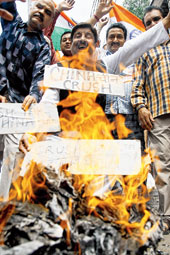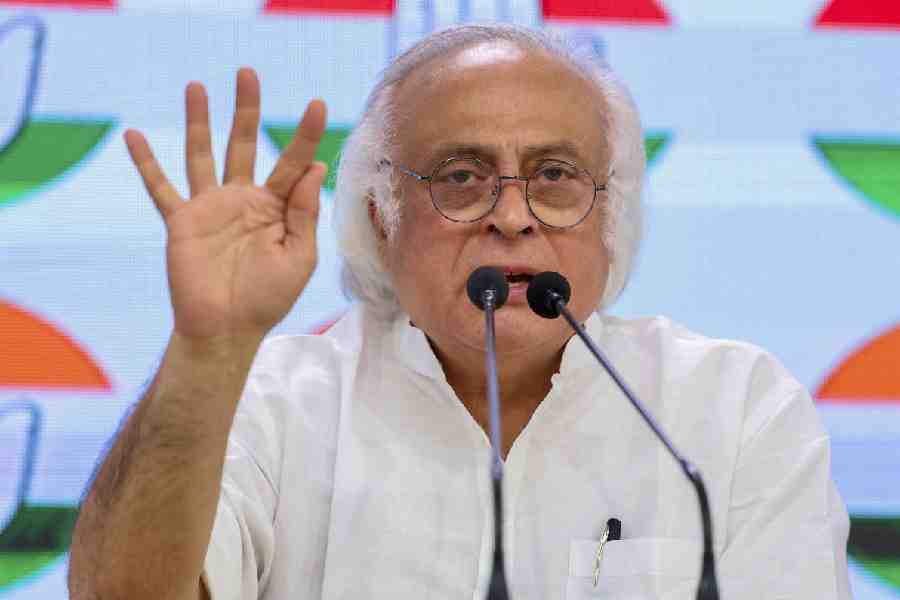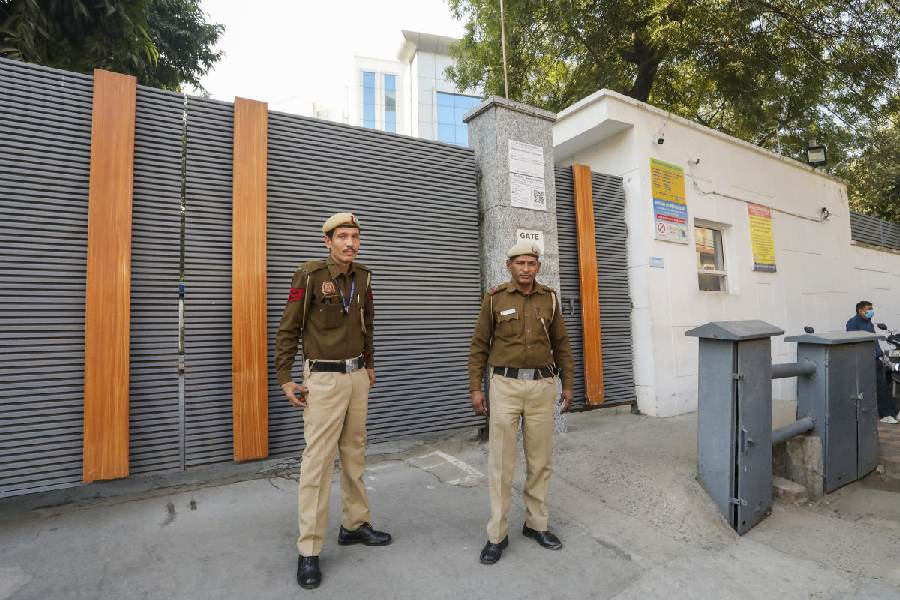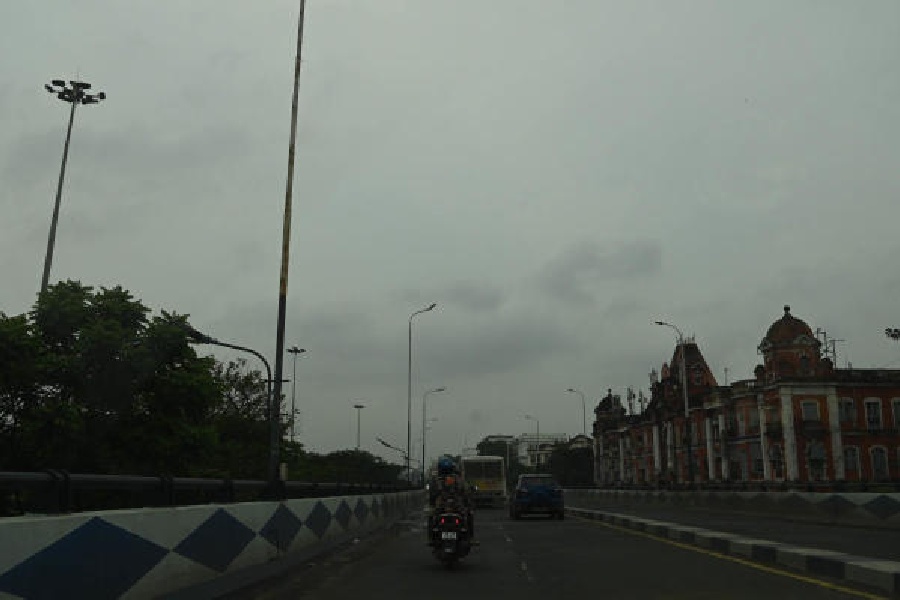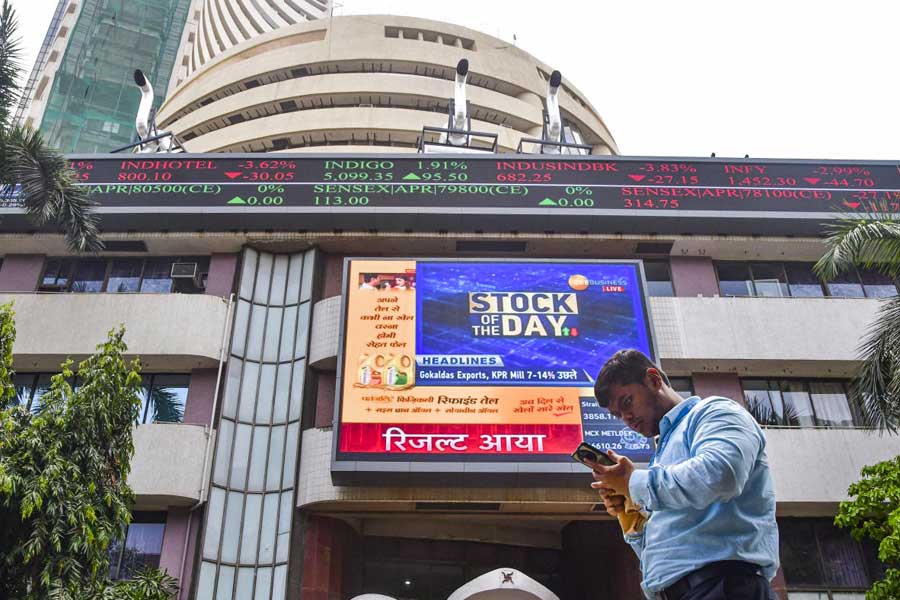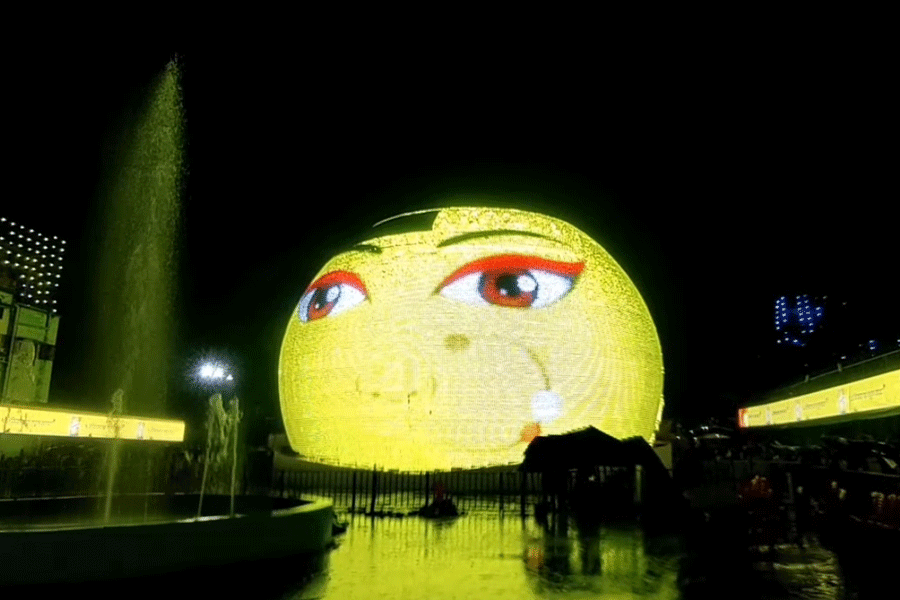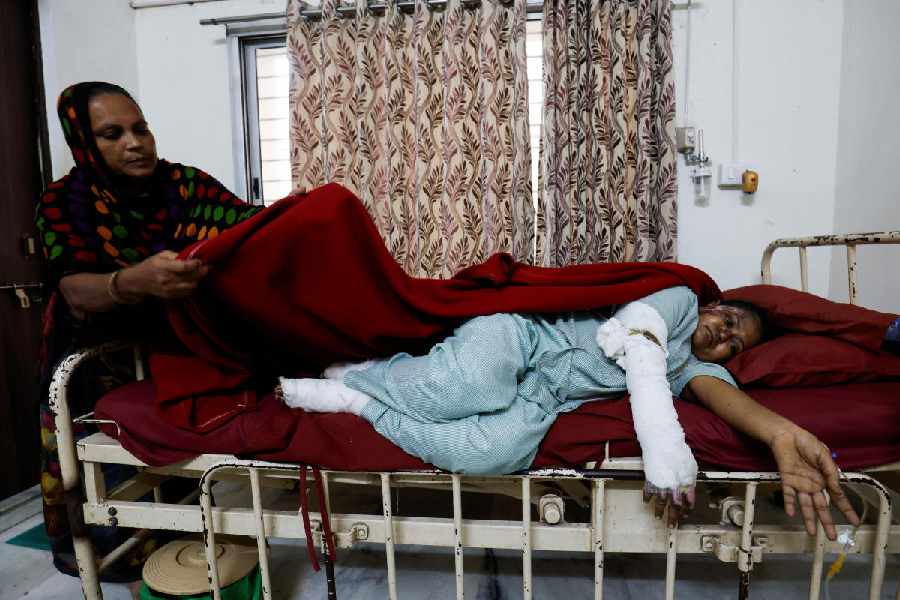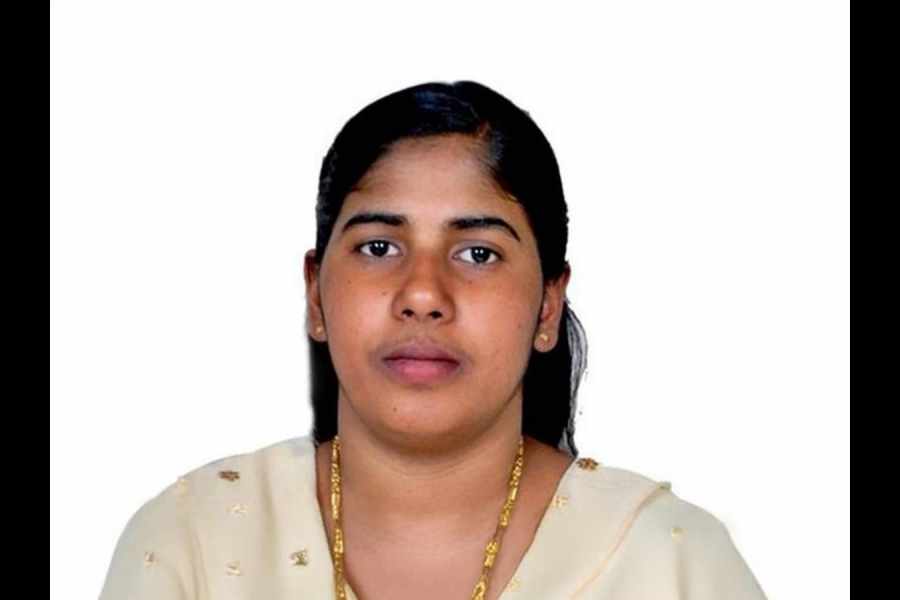 |
| Protesters burn an effigy representing China in Jammu on Saturday. (AP) |
New Delhi, April 27: On a day that Gujarat chief minister Narendra Modi flayed the foreign policy record of the UPA government, calling it “non-existent”, Prime Minister Manmohan Singh made his first intervention on the border simmer with China, calling for calm.
“We do not want to accentuate the situation,” he told journalists following a defence investiture ceremony at Rashtrapati Bhavan. “We do believe that it is possible to resolve this problem. It is a localised problem, and I think talks are on.”
Indian and Chinese troops have been in a “face-to-face” situation near Raki Nala in the eastern Ladakh sector for nearly a fortnight now, after a Chinese patrol pitched itself 19 kilometres inside territory claimed by India. Several diplomatic and military-level meetings have since taken place between the two sides to dissolve the stand-off, but to little effect.
“We do have a plan,” the Prime Minister told journalists, without elaborating. Discouraging public clamour and working low-profile on a diplomatic resolution is clearly part of that plan.
“This will not be helped by indulging in rhetoric,” a senior official said. “Diplomatic efforts at achieving a pullback are on even as we hold our ground at the military level.”
The China Study Group (CSG), headed by national security adviser Shiv Shankar Menon, is playing a key role assessing the situation on the ground and negotiating a settlement acceptable to both sides. The CSG, which comprises the secretaries of defence, foreign affairs and home, and the deputy chief of army staff, was briefed by army chief Gen. Bikram Singh a couple of days ago.
The army has sent troops into the Raki Nala area who are currently camped there in tents. Sources suggest that sending in additional soldiers as bulwark remains an “active option”.
The drift in New Delhi suggests a bias for a quietly negotiated settlement, which may consume a fair while achieving. Government leaders have responded with restraint to shrill, and often outraged, media coverage of the Raki Nala face-off.
Emphasising that it is a localised tiff along an otherwise tranquil border, external affairs minister Salman Khurshid said a couple of days ago: “There is a problem but we do not see it as something that cannot be resolved. We have established mechanisms for sorting such things and we are confident we will work something out through those procedures.”
Khurshid’s trip to China in the second week of May remains on track; if the border stand-off persists till then, talks on ways of resolving it will be on the Beijing table. Sources in external affairs ministry said that the new Chinese premier Li Kequin’s India visit in June is also on, suggesting the Ladakh incident is not serious enough to derail big-frame Sino-Indian exchanges.
The Prime Minister also described yesterday’s attack on Indian death-row prisoner Sarabjit Singh in Lahore’s Kot Lakhpat jail as a “very sad incident”. Sarabjit, who was assaulted by jail inmates, is currently in coma in Lahore’s Jinnah Hospital.
Officials from the Indian mission in Islamabad are monitoring his condition while close members of Sarabjit’s family are preparing to leave for Lahore. Gratis visas were fast-tracked by the Pakistan high commission for four of Sarabjit’s family members, including his wife, daughter and sister.

